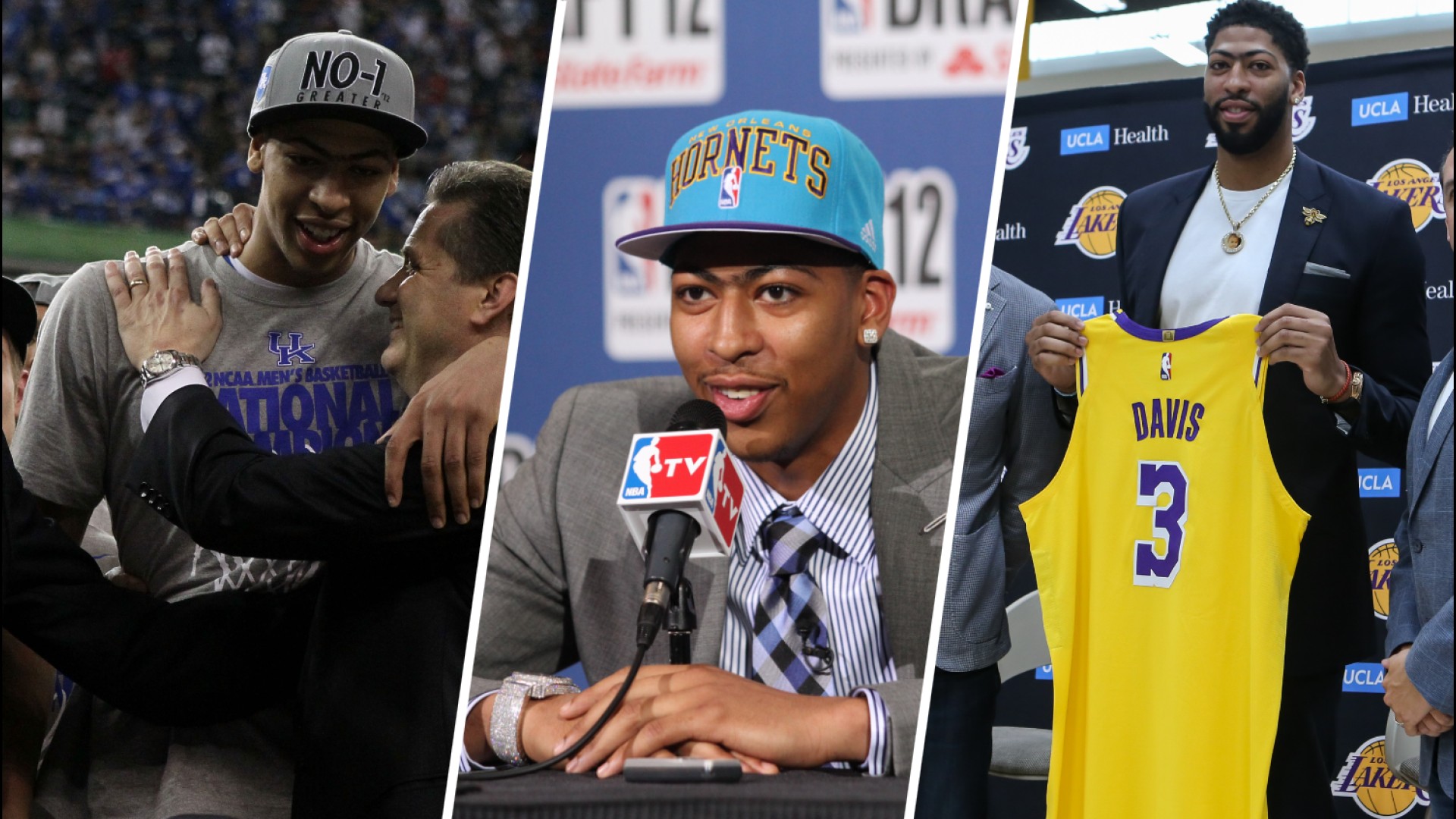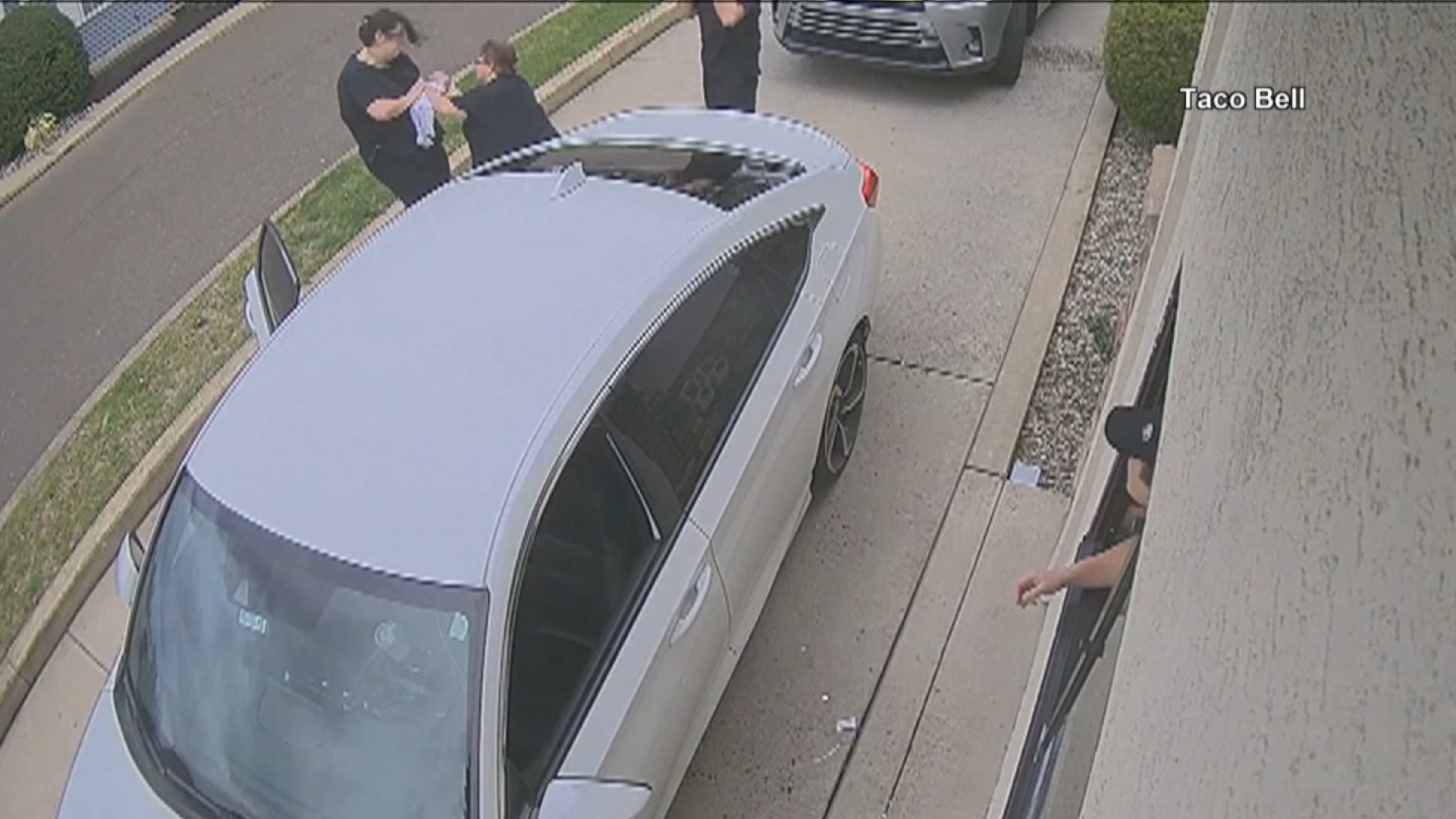
With the majority of football coverage shifting toward almost impossible to follow roster overhauls, it would seem as though the NFL is back on track and that its owners and players have exited their collective bargaining corners for at least the next decade.
Well, unfortunately for those of you already worn out by this sort of stuff, certain matters do remain open for debate.
Though teams are once again allowed to make moves and the first week of football is still scheduled for September 11th, 2011, there exists still a great deal of uncertainty regarding some of the non-financial aspects of the NFL's CBA.
Stay in the game with the latest updates on your beloved Philadelphia sports teams! Sign up here for our All Access Daily newsletter.
See, specifically, the National Football League's Personal Conduct Policy.
As reported by NBC Sports' Mike Florio this past Tuesday, once the players vote to officially reconstitute their union, they'll be heading right back to the bargaining table. Still on the docket for the NFL and its players' association are the issues of drugs, steroids and, of course, personal conduct. Per Florio:
As to the personal conduct policy, NFLPA spokesman George Atallah addressed on Tuesday’s PFT Live the question of whether the resurrected union will allow the league to impose discipline for off-field incidents occurring during the work stoppage.
“Something tells me our members are going to tell us to deal with that pretty aggressively,” Atallah said. “I’ll just leave it at that.”
While this isn't the first time the players have publicly opposed commissioner Roger Goodell's authority to fine or suspend, the stakes now are growing increasingly high. Negotiations over the future of the conduct policy will have to answer a variety of questions, including whether or not said policy was applicable during the lockout and how it will or should be enforced in the future. But, before jumping too far ahead, we'll start with some background.
News
How We Got Here
Instituted in 2007 after Adam "Pacman" Jones' then most-recent incident at a Las Vegas nightclub, and one of four Chris Henry arrests in just fourteen months, the personal conduct policy has since functioned as the direct moral arm of commissioner Roger Goodell.
As it's formal wording is a bit lengthy, we won't bore you by restating its every single detail here, though we do encourage you to check out the policy for yourself if you've never had the chance.
While its scope was largely understood in terms of specific criminal activity at its inception, the policy has since evolved into a wholly nebulous, utterly unpredictable, easily assailable calamity of subjective justice. At least, that is, according to some of the players.
Take, for example, the case of Pittsburgh Steeler quarterback Ben Roethlisberger. Though authorities in Milledgeville, Georgia ultimately concluded that they lacked sufficient evidence to charge Roethlisberger for the alleged sexual assault of a 20-year-old college student, Goodell chose to parlay a similar incident involving Big Ben in Lake Tahoe to suspend the two-time Super Bowl winner for a period of six (later reduced to four) games during 2010 season.
Facing criticism for the mere possibility of suspension despite the existence of sustained criminal charges, the commissioner released an April 2010 memorandum meant to clarify the league's—his—position. It reads, in part:
"The Policy makes clear that NFL and club personnel must do more than simply avoid criminal behavior. We must conduct ourselves in a way that 'is responsible, that promotes the values upon which the league is based, and is lawful."
"Whether it involves your team or another, these incidents affect us all -- every investigation, arrest, or other allegation of improper conduct undermines the respect for our league by our fans, lessens the confidence of our business partners and threatens the continued success of our brand."
Where We Are
If you've already spotted a problem or two in the logic, you're not alone. Here is a list of largely reasonable questions that could come up in the latest round of talks:
-- Who decides what is and is not responsible?
-- Are there times—during a lockout, for example—when the conduct policy does not apply?
-- Where are the opportunities for an appeal?
-- To what end does precedent matter in deciding subsequent punishments?
-- Is it (hypothetically) necessary for the commissioner to (hypothetically) suspend an individual for two games after that same individual (hypothetically) served two years in federal prison?
--Is there any real rhyme or reason for what's going on here?
Let's try to tease some of these questions apart in a way that's at least somewhat neutral.
If you haven’t figured it out by now, Roger Goodell is indeed the man in charge. The conduct policy is his brainchild and arguably the greatest extension of his individual power. As such, it is up to the commissioner to decide what is and is not acceptable by league standards.
In defense of the five suspensions handed out under the policy’s exercise, all five have been incidents involving criminal activity. While some of the alleged crimes were dismissed and the charges eventually dropped, they were all legitimately serious issues, ranging from weapons possession to assault to sexual assault to drug possession to money laundering to dog fighting.
It’s here that we should take heed of Goodell’s aforementioned statement on the league’s public image and its relationship with its business partners. Think that football fans don’t care about what happens off the field? Well, it’s certainly possible and, judging from the collective appetite for football even after the lockout, even probable. But it’s not a risk Goodell is willing to take.
Say what you will about the difference between the leagues themselves, but it’s nearly undeniable that at least some of the downturn in popularity suffered by the National Basketball Association between 1998 and 2008 was because of the public image of its players. If that isn’t totally registering, consider that when Goodell took over the “big job” in replacement of former commissioner Paul Tagliabue in 2006, nine players from the just Cincinnati Bengals alone had been arrested in the preceding twelve months.
It is the commissioner’s job to protect the public image of his league. For better or for worse—and judging by the league’s profitability and popularity over his tenure, the better—he’s trying to protect that All-American, red-white-and-blue-shielded image. But, of course, there has to be some limit to his authority? Right?
Eh, maybe not.
Where We Might Be Headed
The aforementioned Florio article at the top of the post is largely motivated by off-season incidents involving Hines Ward, James Harrison and the Eagles’ own DeSean Jackson. While Ward’s arrest for Driving Under the Influence falls pretty neatly into what is already accepted as a personal conduct violation, Harrison and Jackson’s verbal outbursts exist in an as-yet-unexplored gray area.
The public airing of homosexual slurs and the claim that a prominent linebacker would not piss on his league’s commissioner even if said commissioner was on fire are not ways in which
to positively promote the league. Indeed, it can be and probably will be argued that these acts reflect negatively upon the NFL as a whole.
But, the comments themselves fail to approach anything close to criminal activity. Moreover, they took place during a period in which the players were locked out from the league, and effectively for that time, no longer part of it. Even Ward’s previously clear-cut case—a DUI—is now questionable in light of the labor dispute.
On top of it all—albeit separate from the issue of the lockout and more concerned with the troublesome nature of the policy as a whole—Plaxico Burress may be headed back to the NFL after time served for his infamous nightclub incident. Will he be subject to the same sort of high horse, moral posturing the league undertook when it suspended Vick even after two years in a federal penitentiary? After all, the illegal possession of a firearm surely qualifies as a criminal activity. Any judge in New York will tell you that.
Considering the absurd circumstances surrounding Burress, Goodell now finds himself open to criticism and claims of inconsistency regardless of the choice he will ultimately make. If he's sympathetic to Burress, why is Plax so privileged to avoid the mandatory moral outrage of a brief suspension? On the other hand, if he does choose to punish the former Steeler and Giant, isn't he just burying his head in the sand by ignoring the specifics of the situation? Either way, the commissioner has no one but himself to blame for concocting a scenario in which even he can't win.
Is There a Better Way?
Frankly, all of these matters would be less contentious if there existed a greater level of transparency and shared responsibility within the system. The judge, jury and executioner that is Roger Goodell rubbed the players the wrong way long before the lockout. Now, with the added vitriol of the last six months of labor negotiations and last year’s almost out-of-nowhere fines in the interest of on-field safety, the relationship between the players and the commissioner has gone from bad to worse.
And, while the majority of this post may be about conduct, the fines for violent play are inarguably connected to the greater strife between Goodell and the players. Much like the penalties for off-field behavior, the fines for on-field incidents are similarly motivated; the growing number of players removed from the field on a stretcher is obviously antithetical to league's business interests. Neither sponsors nor fans want to see someone seriously maimed, but is it even possible at this point to curb the violence in football given the size and speed of the modern athlete?
If he’s smart, which he seems to be, and cares about his relationship with the players, which he obviously should, Goodell needs to think long and hard about relinquishing some of his power over both the personal conduct policy and the fines for violent play. As so many of the criticisms hurled against Goodell have echoed the same “you wouldn’t know, you haven’t played the game” sentiment, it’s come time for the commissioner to institute review boards separate from himself for both of the above issues.
In the case of violent play, the commissioner should begin to consider reaching out to a group of ex-players to form a league disciplinary board. That way, not only is the power out of Goodell's hands, but now up to the judgment of a multiple person panel. Though nearly all disciplinary decisions will still be met with some level of skepticism when weighed against one another, a group separate from Goodell may help to quell some of the backlash hurled toward him directly and produce a greater degree of legitimacy in the handing down of punishments.
Still, for as easy as that sounds to fix, the employment of the conduct policy will more than likely remain a sticky issue. Evidencing the Supreme Court's “I know it when I see it” pornography precedent isn’t going to be enough for the players any longer. Stricter guidelines and an independent arbiter may be necessary in determining when the conduct policy is and is not applicable. The downside to such action, however, comes in the inevitable loopholes to be found in binding legal language; language that could potentially leave the league hostage to its own flawed bargaining.
Consequently, for as heated as the talks over the financial portions of the CBA proved, the yet-to-be-decided issues of violent play and personal conduct may wind up even more controversial. Though the players would do well remind themselves that Goodell really does have the best interests of the league at heart, they may be even wiser to recall that which may pave their own road to hell.


